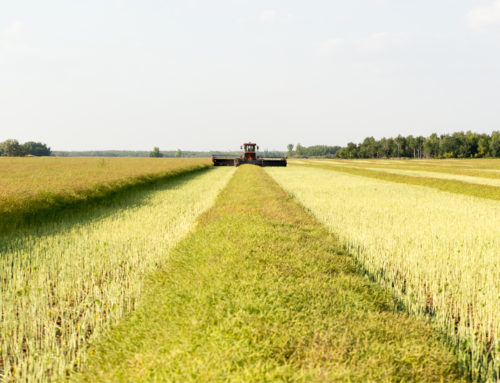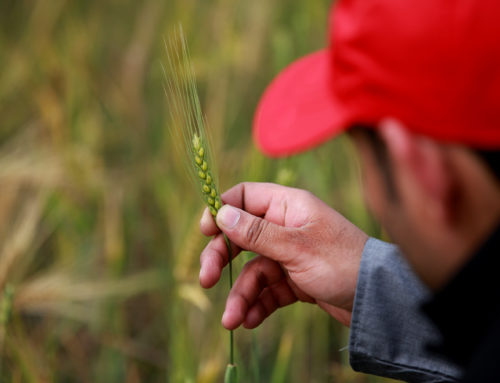It seems like a losing battle. Anti-GMO advocates have a loud and strident voice. Their claims of “Frankenfood” have been honed and refined over the years. There are now organizations set up as policing, educating, or labeling entities, despite the fact there are no laws or regulations they enforce, except their own.
How do growers get their message across to consumers that they farm sustainably and intelligently? The majority of farm families ply their business to support their family and, in time, pass the land on to their children if they choose that life.
Agriculture is adhering to the truth in science to inform the general public, yet the non-GMO side of the debate appears to be all about shouting down science calling scientists “shills” if they don’t support their view of things. The truth is, not everyone is a scientist and can attest to the veracity of the claims of either side.
Have you ever looked up the definition of shill? “An accomplice of a hawker, gambler, or swindler who acts as an enthusiastic customer to entice or encourage others.” Another definition is someone engaged in cover advertising or a person who publicly gives credibility to an organization without disclosing that they have a close relationship with the organization. If you know a scientist, you’ll no doubt be horrified to think they might be called a shill by anyone.
Science and scientists are being dismissed in numerous debates today. Science has become suspect it seems. Republican nominee for President of the United States, Donald Trump, believes global warming is a hoax. Vani Hari, better known as Food Babe, anti-vaxxers, and all those other purveyors of pseudo-science, misinformation and general fear mongering are having a powerful impact on a public that doesn’t know enough about the science to know better. How on earth can growers and others in the ag industry ever hope to combat their propaganda?
It may seem like an uphill battle but growers need to add their voices to this debate. Organizations like Agriculture More Than Ever seek to provide a positive voice for agriculture. Improving perceptions and dispelling myths is a key goal of the organization, but they also seek to provide resources for others to have that conversation too. There are many others out there, as well, doing their piece to keep truth in the conversation.
Growers can present the human side of farming. Most consumers believe farmers are trustworthy. Using this trust, farmers can dispel negative impressions and create an environment that attracts people, investment, and most importantly, consumer confidence for the future. Farmers and their families are an integral part of society and as such, have a voice that brings experience and passion to the debate.
Talk to consumers – anyone not living on a farm. Ask them questions and try to find out what their perceptions of farming are. Do they believe most farms are family owned or “corporate farms”? Do they know what GMOs are or how long they’ve been around? Do they know the benefits they bring to the farm in reducing pesticide use and increasing production? Do they know how many crop types are GM? These will present opportunities for the conversation to evolve and allow you to provide some insight and understanding and dispel any incorrect assumptions. All you have to do is tell your personal story that’s been ingrained, in some cases, for many generations.
Ignoring the problem is not an option if you are concerned about the future of farming. So get out there and start a conversation with a non-farmer today!







Leave A Comment